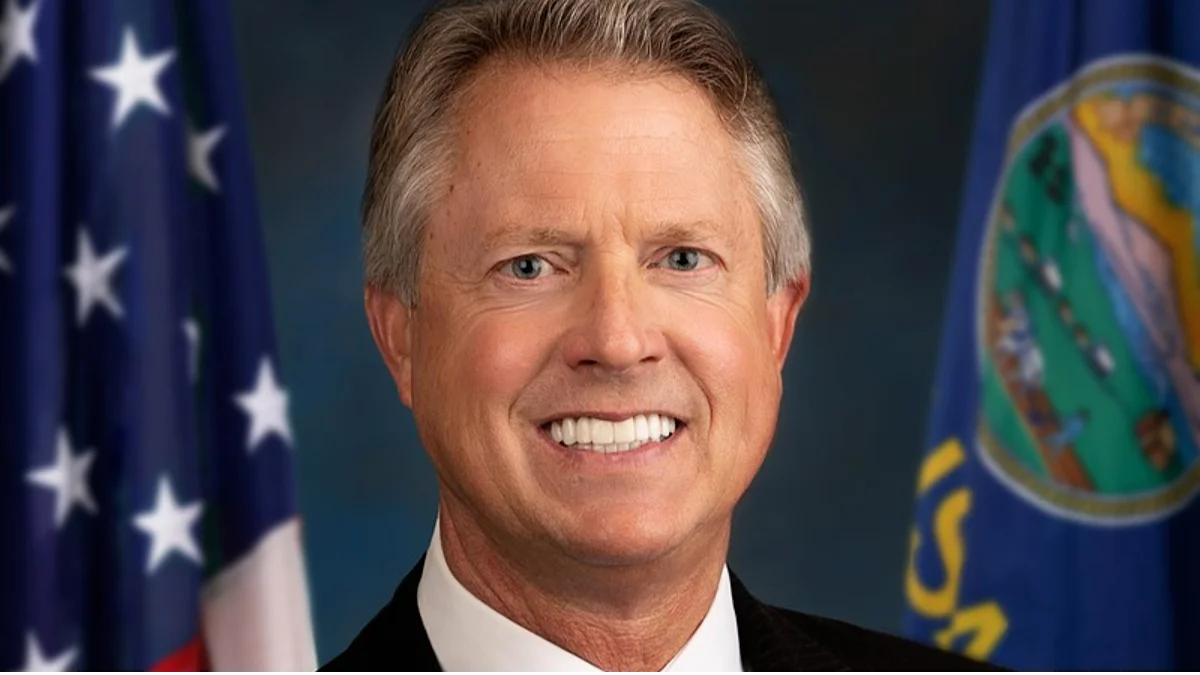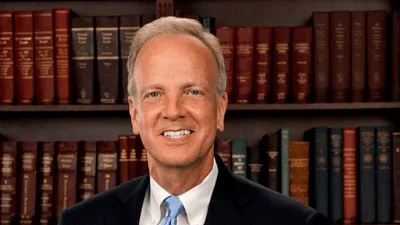Senator Roger Marshall, US Senator for Kansas | Official U.S. House headshot
Senator Roger Marshall, US Senator for Kansas | Official U.S. House headshot
On June 16, 2025, U.S. Senator Roger Marshall published an op-ed in The Washington Times reflecting on the 250th birthday of the United States Army. In his piece, Marshall describes attending the celebration held on June 14, 2025, on the National Mall in Washington, D.C., and connects the event to both personal family history and broader themes of American patriotism.
Marshall notes that he visited Gettysburg prior to the event and was reminded of President Lincoln’s Address, which he said exemplified America’s tradition of open debate and free speech. He then points out that “1.3 million soldiers gave their lives to protect those freedoms.” He described the parade and festival as more than a display of military strength but as “a rebirth of patriotism,” stating it had personal significance for him.
He recounts his family’s long history with military service: “My family’s story is woven into the Army’s 250 years. Every generation has served. Three ancestors fell in the Civil War’s brutal fields. A great-uncle, along with many other brave soldiers, suffocated from nerve gas in the Argonne Forest during World War I, the ‘war to end all wars.’ Two other great-uncles stormed Normandy’s beaches; later in the Second World War, my wife lost an uncle. My dad served, my brother served, I served, and my son serves today.”
Marshall also describes how witnessing his grandsons at the parade inspired hope for future generations: “At this great celebration, watching my grandsons’ eyes light up as tanks rumbled by on the Mall, I saw history spark their young hearts. This celebration wasn’t just about the past; it was about inspiring the future.”
Reflecting on shifting attitudes toward patriotism over time—including during conflicts like Vietnam and after September 11—Marshall writes that recent years have brought challenges such as an “open border” and uncertainty among military personnel about support from leadership. However, he says that this year’s Army birthday marked a turning point: “The first-ever Army birthday celebration on the National Mall, with 6,600 soldiers marching, felt like a reset—a bold reclaiming of national pride.”
Family members who attended shared similar sentiments according to Marshall: “They said the parade taught their children military history, American pride, and gratitude for freedoms won through sacrifice.” He recounts seeing veterans watching from home and speaking with a mother whose son re-enlisted at the event.
Marshall underscores that beyond commemorating its origins before American independence—and honoring those who have fallen—the Army continues to play a key role in innovation across fields such as radar technology and wireless communications. He adds that recruitment efforts are showing results: “the ‘Be All You Can Be’ campaign driving recruitment to 85% of 2025’s target.”
He concludes by noting how some people may react differently or protest during patriotic displays but emphasizes respect for those who have served: “To those burning flags or kneeling during the anthem… I wish they’d served… had held a dying soldier in their arms…” Marshall ends by saying that when called upon by leadership—regardless of political climate—the Army remains steadfast.



 Alerts Sign-up
Alerts Sign-up